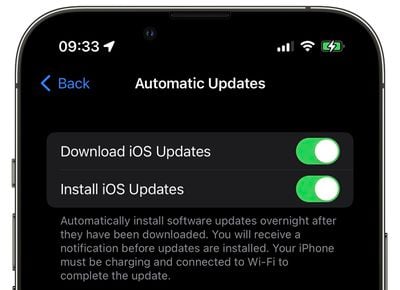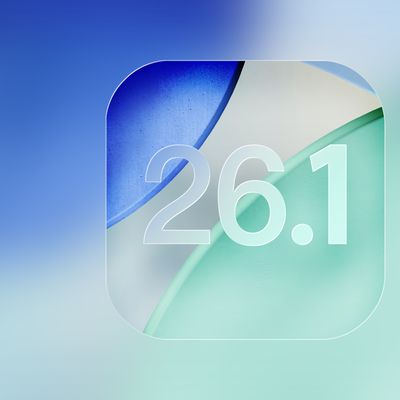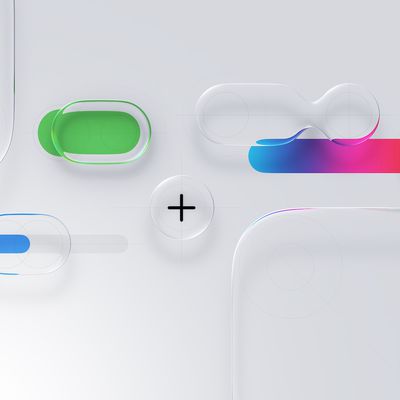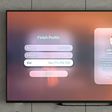Apple's Craig Federighi Explains Why iOS Auto-Updates Often Arrive Several Weeks Late
When it comes to downloading iOS software updates, Apple users can be reasonably divided into two camps: Those who manually seek out updates the moment Apple releases them, and those who are happy to let their device's Automatic Updates feature take care of everything in the background with minimal input on their part.

While it's generally acknowledged that manually tapping into Settings -> General -> Software Update is the faster option, Apple has never really explained why auto-updates tend to come through to users sometimes days or even weeks later – until now.
Interested iPhone user Mateusz Buda put this question in an email to Craig Federighi, Apple's senior VP of software engineering. In the email, Buda explained that he had turned on auto-updates, and yet after two weeks since the public release of iOS 15.4 he still hadn't received an update notification. "What conditions must be met for this function to work?" Buda asked. To his surprise, Federighi responded and was happy to explain.
Hi Mateusz,
We incrementally rollout new iOS updates by first making them available for those that explicitly seek them out in Settings, and then 1-4 weeks later (after we've received feedback on the update) ramp up to rolling out devices with auto-update enabled.
Hope that helps!
- craig
Given the number of iPhones and iPads in the world, it's not hugely surprising to hear that Apple's software update strategy proceeds in a staged rollout. By implementing an intentional delay of between 1-4 weeks for users with auto-updates turned on, Apple adds a level of protection for its servers so they aren't easily overloaded when a new version of iOS is released.
Still, it's interesting to learn that Apple also considers its auto-update feature to be a safeguard when things go wrong: If early adopters report serious bugs with the software, Apple still has a window of opportunity to resolve any server-side issues or pull the update entirely before the wider user base has automatically downloaded it.
In a somewhat related point, made by several Redditors, Apple hasn't explained why some app auto-updates are also sometimes very late to be delivered to users, but perhaps the reasoning is the same: Server protection and an ability to action feedback before a wider rollout is complete.
Popular Stories
Following more than a month of beta testing, Apple released iOS 26.1 on Monday, November 3. The update includes a handful of new features and changes, including the ability to adjust the look of Liquid Glass and more.
Below, we outline iOS 26.1's key new features.
Liquid Glass Toggle
iOS 26.1 lets you choose your preferred look for Liquid Glass.
In the Settings app, under Display...
Apple today updated its trade-in values for select iPhone, iPad, Mac, and Apple Watch models. Trade-ins can be completed on Apple's website, or at an Apple Store.
The charts below provide an overview of Apple's current and previous trade-in values in the U.S., according to its website. Maximum values for most devices either decreased or saw no change, but the iPad Air received a slight bump.
...
The smarter, more capable version of Siri that Apple is developing will be powered by Google Gemini, reports Bloomberg. Apple will pay Google approximately $1 billion per year for a 1.2 trillion parameter artificial intelligence model that was developed by Google.
For context, parameters are a measure of how a model understands and responds to queries. More parameters generally means more...
Apple is promoting the new Liquid Glass design in iOS 26, showing off the ways that third-party developers are embracing the aesthetic in their apps. On its developer website, Apple is featuring a visual gallery that demonstrates how "teams of all sizes" are creating Liquid Glass experiences.
The gallery features examples of Liquid Glass in apps for iPhone, iPad, Apple Watch, and Mac. Apple...
Apple is planning to launch at least 15 new products in 2026, according to Bloomberg's Mark Gurman.
Gurman outlined what to expect from Apple in 2026 in the latest edition of his "Power On" newsletter. He said the company is heading "into one of its most pivotal years in recent memory," with the rollout of major new Apple Intelligence features, intense regulatory pressure on the App Store,...
Apple today released iOS 26.1, the first major update to the iOS 26 operating system that came out in September, iOS 26.1 comes over a month after iOS 26 launched. iOS 26.1 is compatible with the iPhone 11 series and later, as well as the second-generation iPhone SE.
The new software can be downloaded on eligible iPhones over-the-air by going to Settings > General >...
Apple in iOS 26.2 will disable automatic Wi-Fi network syncing between iPhone and Apple Watch in the European Union to comply with the bloc's regulations, suggests a new report.
Normally, when an iPhone connects to a new Wi-Fi network, it automatically shares the network credentials with the paired Apple Watch. This allows the watch to connect to the same network independently – for...
We're officially in the month of Black Friday, which will take place on Friday, November 28 in 2025. As always, this will be the best time of the year to shop for great deals, including popular Apple products like AirPods, iPad, Apple Watch, and more. In this article, the majority of the discounts will be found on Amazon.
Note: MacRumors is an affiliate partner with some of these vendors. When ...























